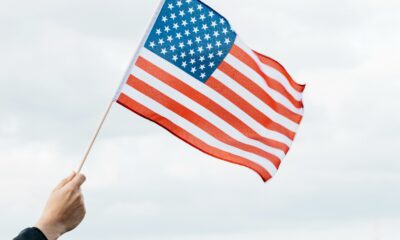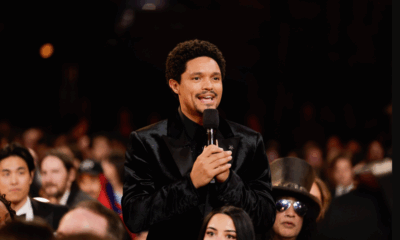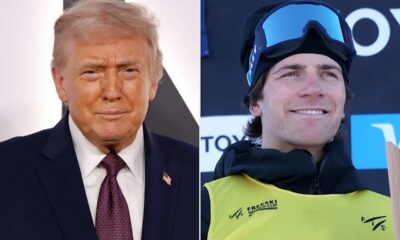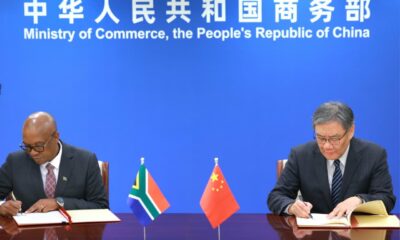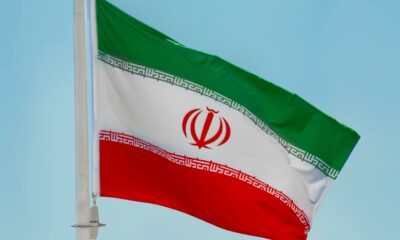News
Argentina’s Javier Milei Skips G20 in Johannesburg, Aligns with Trump’s Boycott
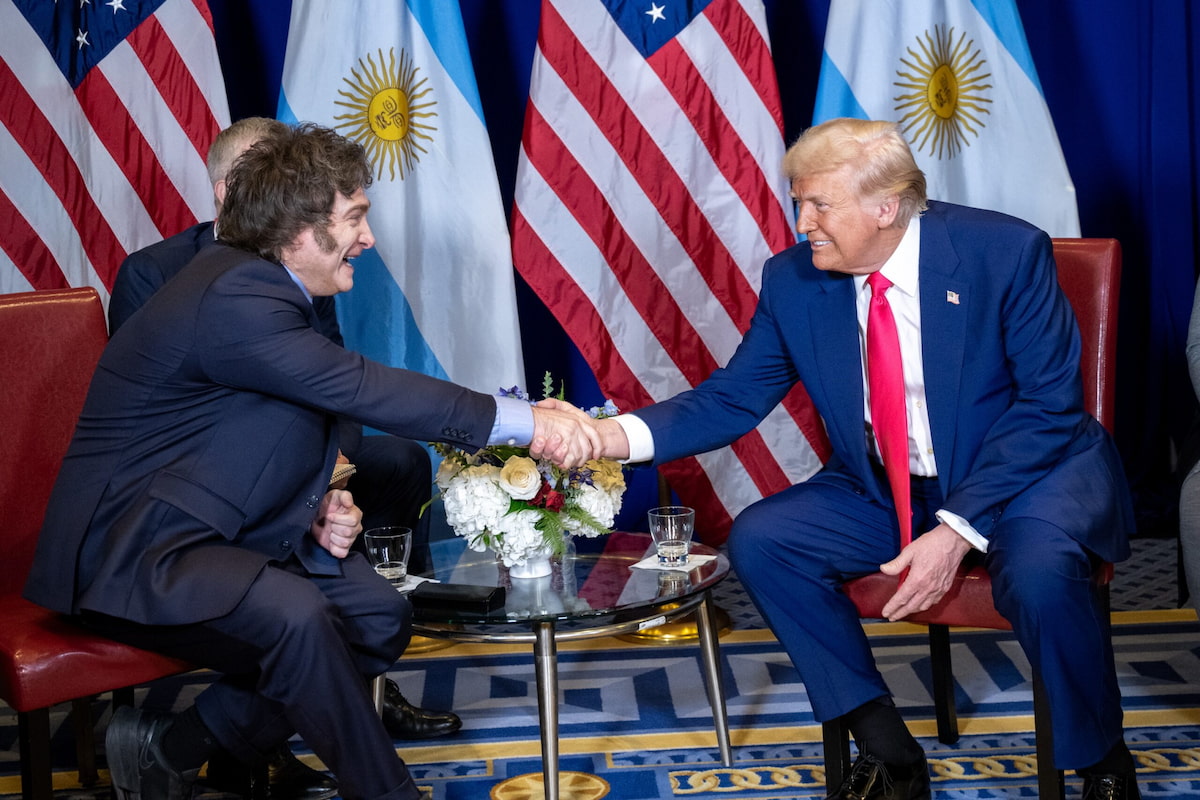
Argentina’s Javier Milei Skips G20 in Johannesburg, Aligns with Trump’s Boycott
Argentina’s fiery new president, Javier Milei, has pulled out of the upcoming G20 Leaders’ Summit in Johannesburg, a decision that appears to place Argentina firmly in step with Donald Trump’s latest geopolitical move and leaves South Africa caught in the crosswinds of global politics.
According to Argentine media, Milei will not attend the high-profile meeting later this month, instead dispatching Foreign Minister Pablo Quirno and G20 negotiator Federico Pinedo to represent Buenos Aires. The decision follows Trump’s call for a boycott of the summit, which the former U.S. president claims is being held in a country that “violates human rights” through alleged violence against white (Afrikaner) farmers a claim South Africa’s government has repeatedly dismissed as false and inflammatory.
Milei’s Growing Alignment with Trump
Though the Argentine presidency has yet to release an official statement, aides have hinted that Milei’s decision is “in line with Washington’s position.” For those familiar with Milei’s politics, the move isn’t surprising.
Since his election, the self-styled libertarian and Trump admirer has sought to reshape Argentina’s foreign policy around American conservatism and right-wing populism, distancing himself from traditional multilateral forums. His absence from Johannesburg, the first G20 summit ever hosted on African soil underlines his growing ideological alignment with Trump and a clear break from Argentina’s more moderate diplomatic traditions.
In Buenos Aires, political analysts have described Milei’s G20 withdrawal as “a symbolic gesture of loyalty” to Trump rather than a reflection of Argentina’s economic or diplomatic interests.
“Milei is betting on a Trump comeback and wants to be seen as part of that political universe,” said one Argentine political commentator on local television.
A Blow to South Africa’s Moment on the Global Stage
For South Africa, the timing couldn’t be worse. The Johannesburg G20 summit, scheduled for November 22–23, is a historic moment, not only is it the country’s first time hosting the forum, but it’s also the first G20 held in Africa.
The gathering was expected to spotlight Africa’s growing role in global economics, with key discussions planned around financial reform, sustainable growth, and energy transition. Confirmed attendees include China’s Xi Jinping, India’s Narendra Modi, and Brazil’s Luiz Inácio Lula da Silva, heavyweights from the Global South whose presence was seen as a win for Pretoria’s diplomatic clout.
Now, Milei’s withdrawal and Trump’s vocal boycott, risk shifting the narrative away from Africa’s leadership and toward political controversy.
Pretoria Pushes Back Against Trump’s Claims
The South African government has strongly condemned Trump’s allegations of “human rights abuses” against Afrikaner farmers, calling them baseless and divisive.
Officials have pointed out that while rural crime remains a serious issue, the claim of a racially targeted campaign against white farmers has long been debunked by independent studies and local watchdogs. Pretoria’s frustration is clear, Trump’s narrative not only undermines its global image but also injects American political drama into a diplomatic milestone for the continent.
South Africa’s Department of International Relations and Cooperation (DIRCO) has not yet formally commented on Milei’s decision, though sources within the department have reportedly described it as “regrettable but expected.”
A New Axis of Populism?
The Milei–Trump dynamic is shaping up to be one of the most watched political alliances of the year. Both men share a disdain for establishment politics and global institutions, positioning themselves as anti-globalist outsiders who challenge conventional diplomacy.
Yet, critics argue that Milei’s G20 boycott isolates Argentina at a time when it could benefit from engagement with major economies, particularly as it faces runaway inflation and IMF debt pressure.
“This isn’t strategic diplomacy, it’s symbolism,” said an economist from the University of Buenos Aires. “Argentina needs trade, not Twitter statements.”
As world leaders prepare to gather in Johannesburg, Milei’s absence will be felt not because of Argentina’s economic weight, but because of what it represents: a new fracture in global cooperation, defined not by geography, but by ideology.
South Africa had hoped this summit would be remembered as a celebration of Africa’s emergence in global policymaking. Instead, it risks becoming another stage for the world’s political divides.
Still, as one South African commentator wrote on X:
“Even if some leaders don’t show up, Africa’s voice will be heard louder than ever, because this time, the world is meeting on our soil.”
{Source: IOL}
Follow Joburg ETC on Facebook, Twitter , TikTok and Instagram
For more News in Johannesburg, visit joburgetc.com

